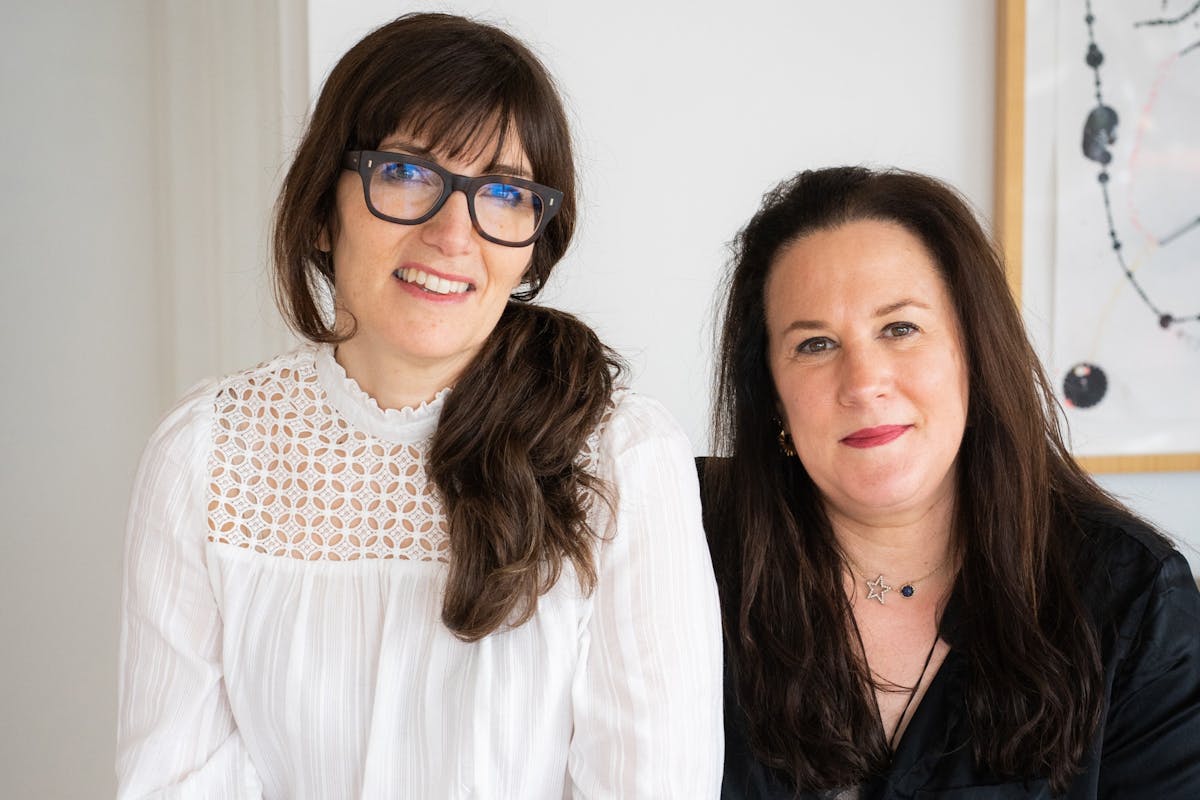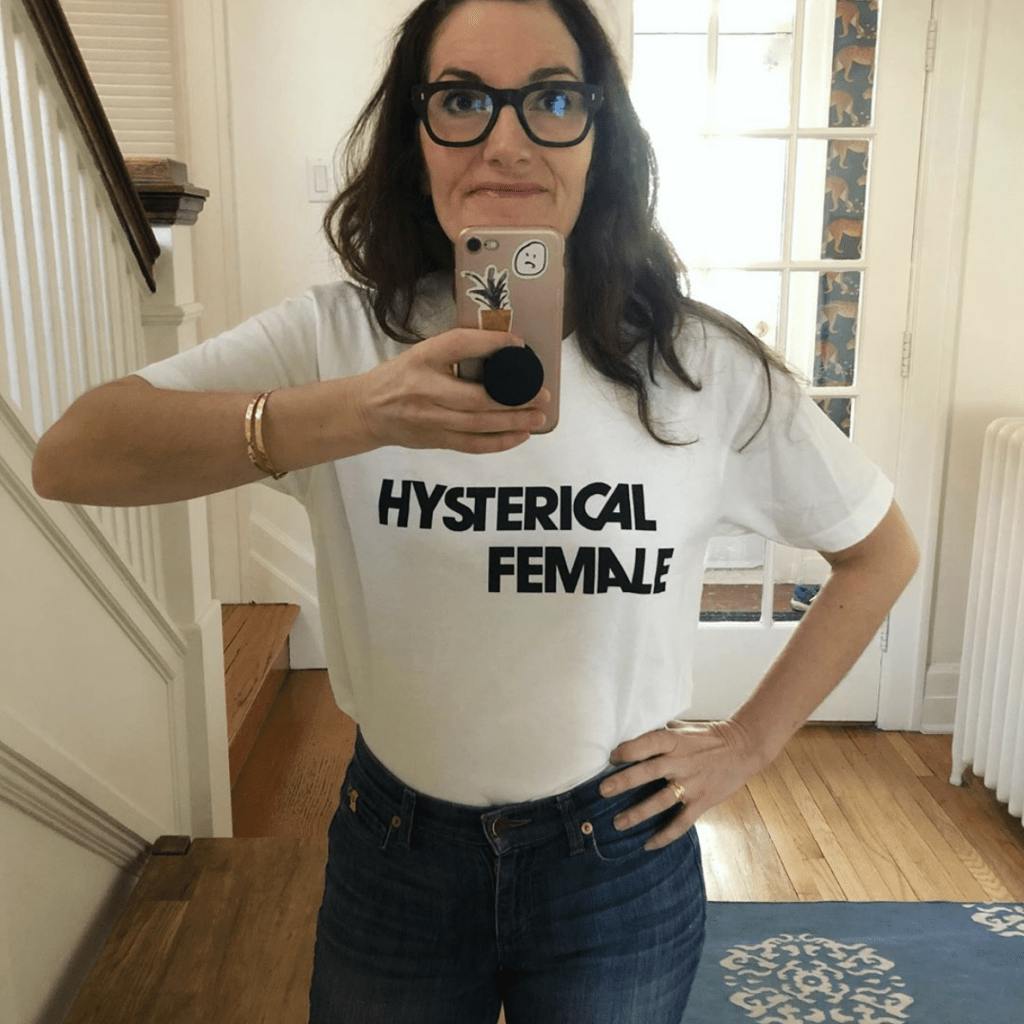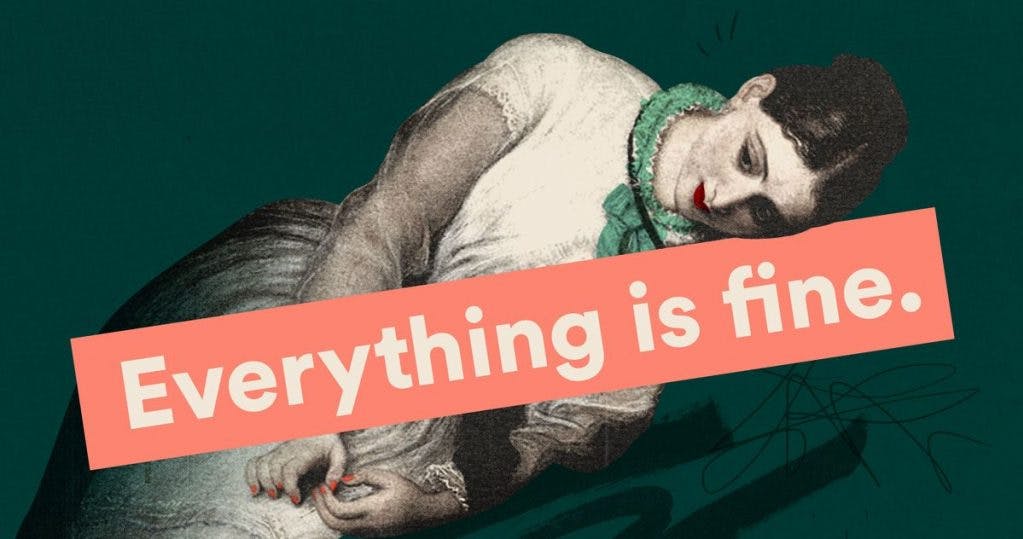As part of an ongoing effort to raise the conversation around women’s hair thinning and empower women to take charge of their hair health, we’re talking to women in the spotlight about all things hair. This week, we got the always honest and often hilarious perspectives of Kim France and Tally Abecassis, hosts of the podcast “Everything Is Fine.”
Contrary to the majority of what we see on Instagram, magazine covers, and Hollywood red carpets, women over 40 do actually exist.
And they don’t just play the mom character or grace the covers of Vogue’s “age issue.” They’re running companies. They’re looking for love on Bumble. They’re mentoring the next generation of women leaders. They’re handing you your ass on the Peloton leaderboard. And they’re doing it all while crossing major life passages like menopause and “embracing the gray.”
Here to give them the relatable touchstone they deserve — and that’s so sorely missing from the media landscape — are editor Kim France and documentary filmmaker Tally Abecassis, hosts of the “Everything is Fine” podcast. “We started the podcast because we wanted an honest, unflinching forum to talk about all that being over 40 is about — the good, the bad, and the ugly,” says France, the founding editor of Lucky magazine and creator of the blog “Girls of a Certain Age.”
The duo hold nothing back on episodes like “Menopause Doesn’t Have to Suck,” “The Power of Being Pissed Off,” and, our personal favorite, “Going Gray is a Power Move.” Especially while we’re spending more time at home, “Everything Is Fine” is the unfiltered, insightful conversation we’ve been missing.
Below, we talk to Kim and Tally about the evolution of their hair — from embracing their natural texture to the emotional effects of hair thinning to the powerful feeling of taking control.


